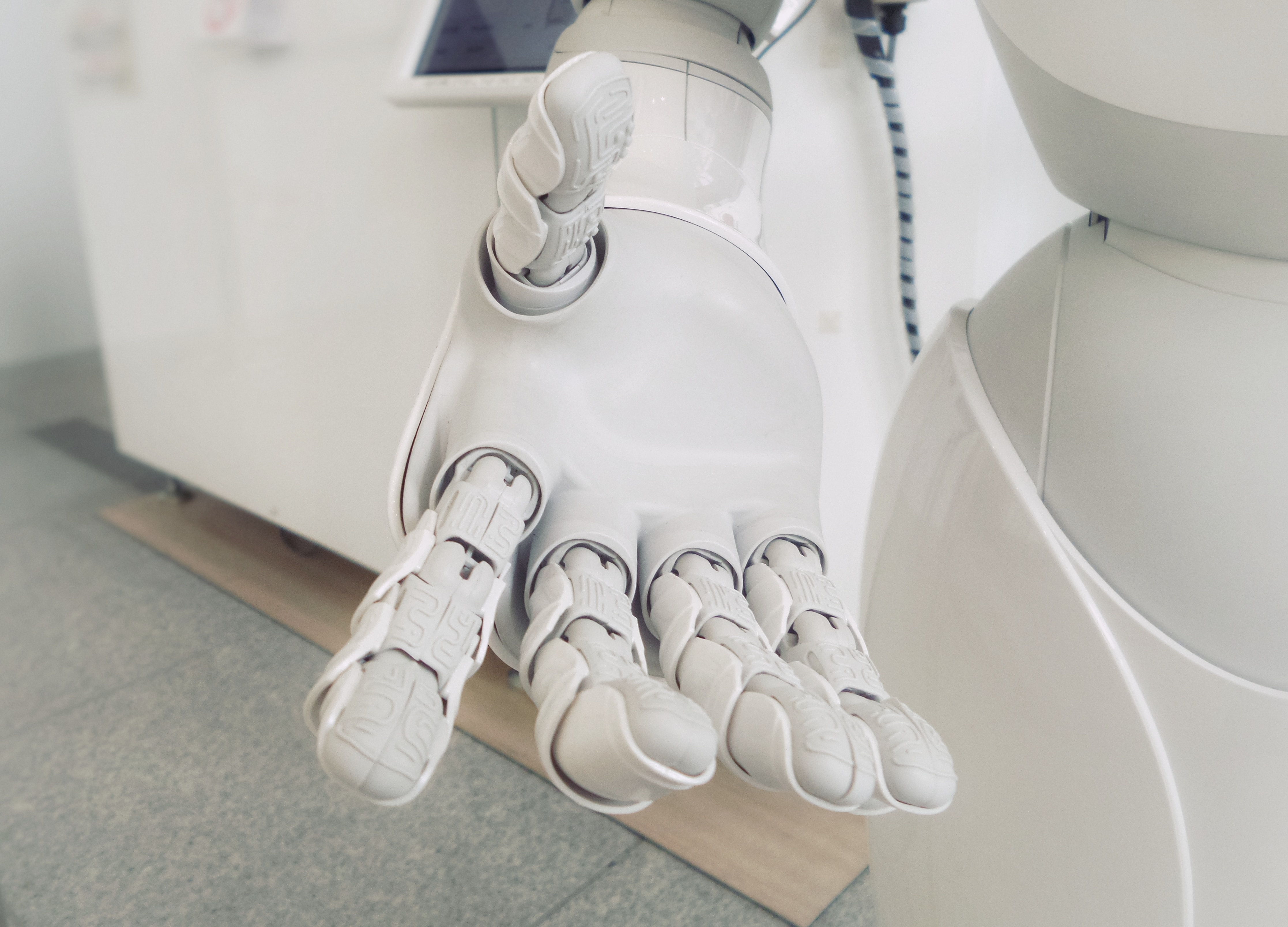
New learning approach needed for A.I. job landscape
As artificial intelligence becomes the norm, skills in human interaction are far more important for job security and career growth. The good news is that such skills can be learned, but Australia needs to adopt new methods of education and training. ISAAC BAKER explains.
The robots are definitely coming and your job may well be on the line.
You’re particularly at risk if you work in an entry to mid-level role involving process orientated tasks – working with numbers, drafting reports or carrying out any range of repetitive duties whether they require a high level of education or not.
These sorts of roles are the ones that, for the sake of efficiency, accuracy and productivity, can be readily handled by algorithms and artificial intelligence. They involve depth, but not a lot of breadth of skills.
It is the breadth that is becoming increasingly important for anyone looking to improve their employability and career growth prospects in years to come.
The spotlight is focused on the skills of interacting with others – the ability to attract, engage, influence and lead with charisma. In other words, it’s all about the human element.
In traditional job markets, such techniques are gathered through experience. Skilled workers, from plumbers and electricians to accountants and lawyers, have always been expected to ‘do the time’ in order to move up the career ladder into positions of leadership and influence.
While there may be developmental programs in place, the general consensus has typically been that these “soft” skills are acquired on the job. But the days of absorbing vital skills through years of observing are behind us.
There’s also a common misconception that people skills are innate qualities that we either have or do not.
In fact, there is far more science to the art of influence, persuasion and charisma than many people realise. There are several common tactics that determine these traits and most relate to verbal communication. They are techniques that can be measured and taught.
The problem we face in Australia is that our system of education and training – the foundations to establishing and building our careers – places more focus on process than on interpersonal skills.
If the machines are coming to fill many of the process-orientated roles, change is needed now to provide new avenues to developing the skills of the future.
In the short-term, that may be mentoring programs and scenario-based training delivered by employers to current staff, but the longer-term, sustainable solution has to be to adapt our education and training systems and curriculums.
It’s a big ask. How do you implement meaningful change to longstanding beliefs and institutions that govern education in Australia?
Who’s responsible for the necessary overhaul to help us remain relevant on the global stage?
It goes beyond policy or government incentives. The first step to implementing any sort of change is acknowledgement. As a nation, we have to accept that artificial intelligence is real, available and starting to replace current jobs now.
We also need to understand what the future of the job market looks like. Then we have to consult the relevant experts, observe those that are doing it well, develop appropriate evidence-based learning and change management, and put it into practice.
We need to work with the institutions and individuals making courageous moves to propel our learning forward. Once they’ve been able to implement initial changes, it’s a case of collectively measuring, refining and repeating, with the recognition that it won’t be perfect the first time.
Wherever we fit, and whatever our motivations, we have the choice to stay the same and be left behind, or to adapt and develop the people skills required for the future.
And that presents incredible opportunities.
Isaac Baker works for Mapien as a Behavioural Scientist and is completing a PhD in Psychology on Factors Contributing to Influence, Persuasion, Charisma and Humour.

